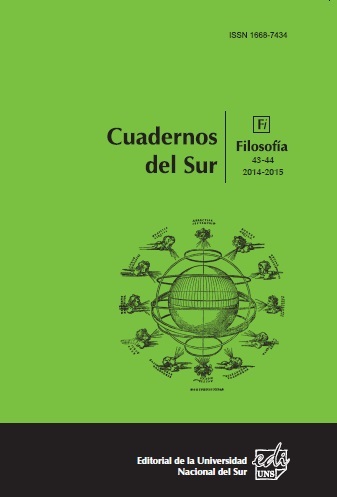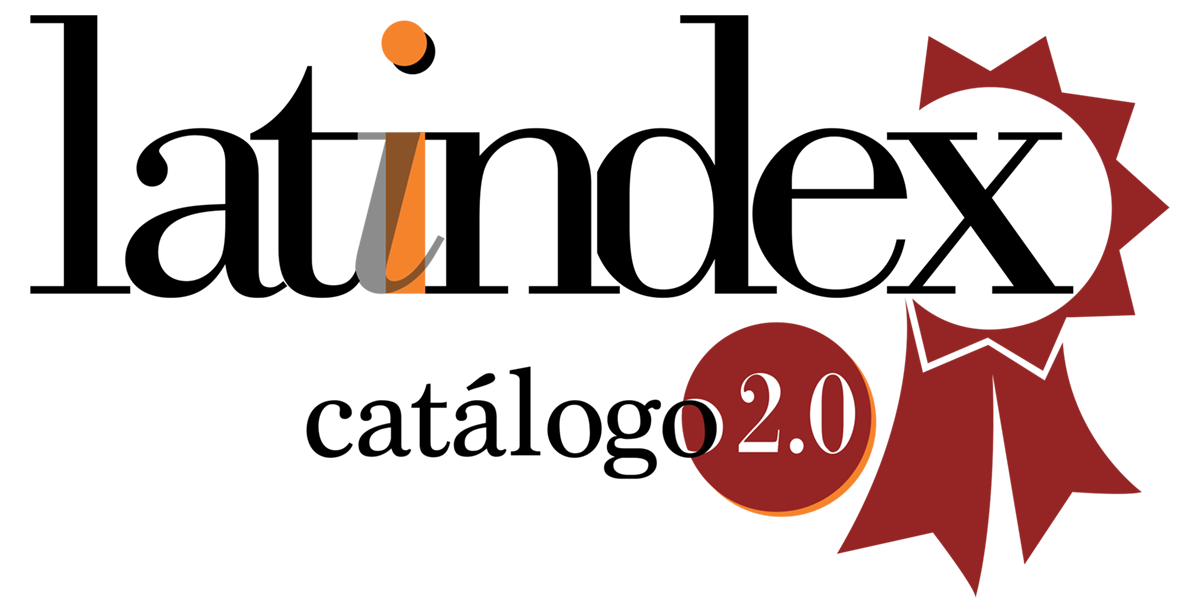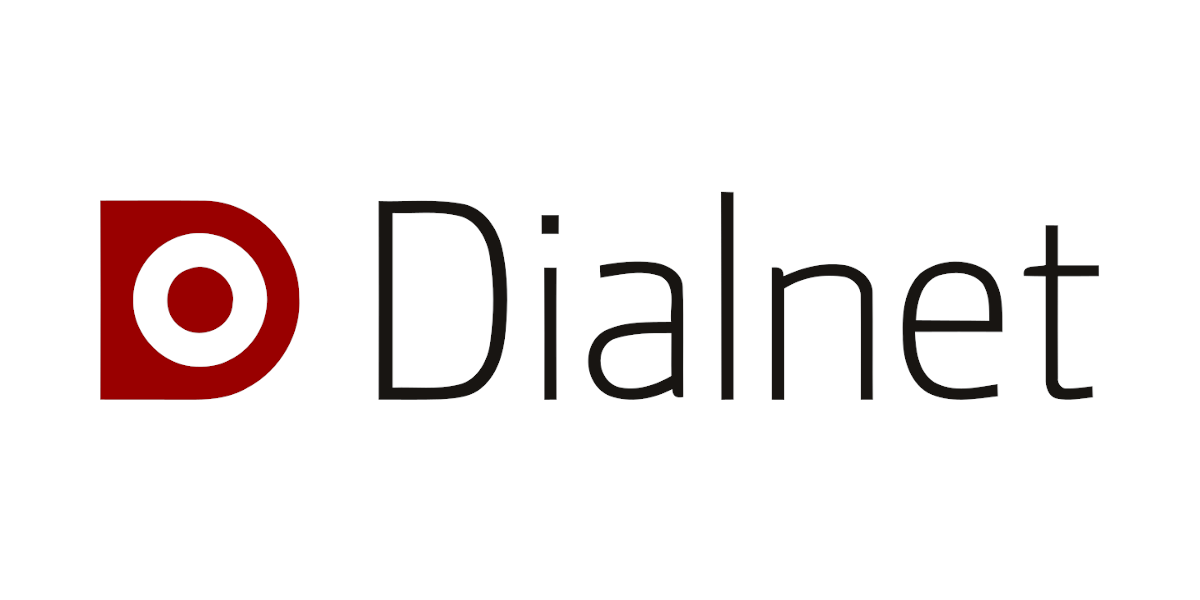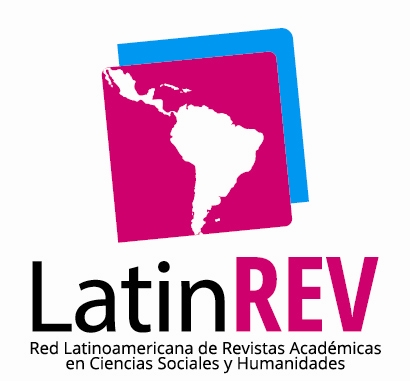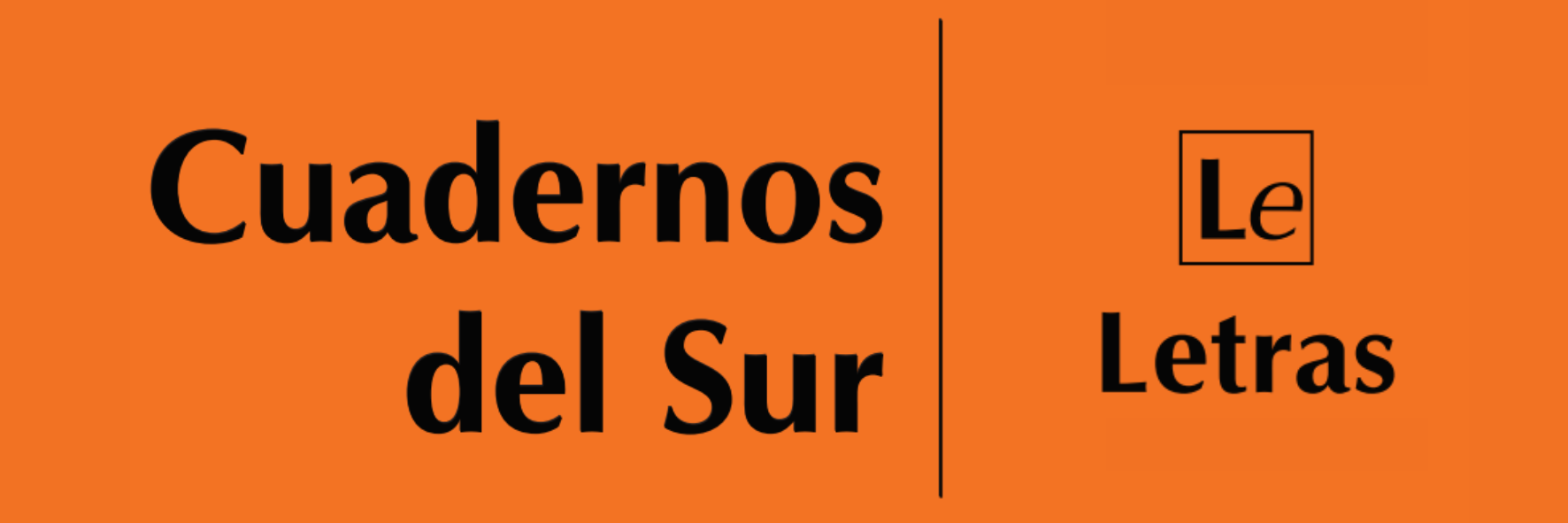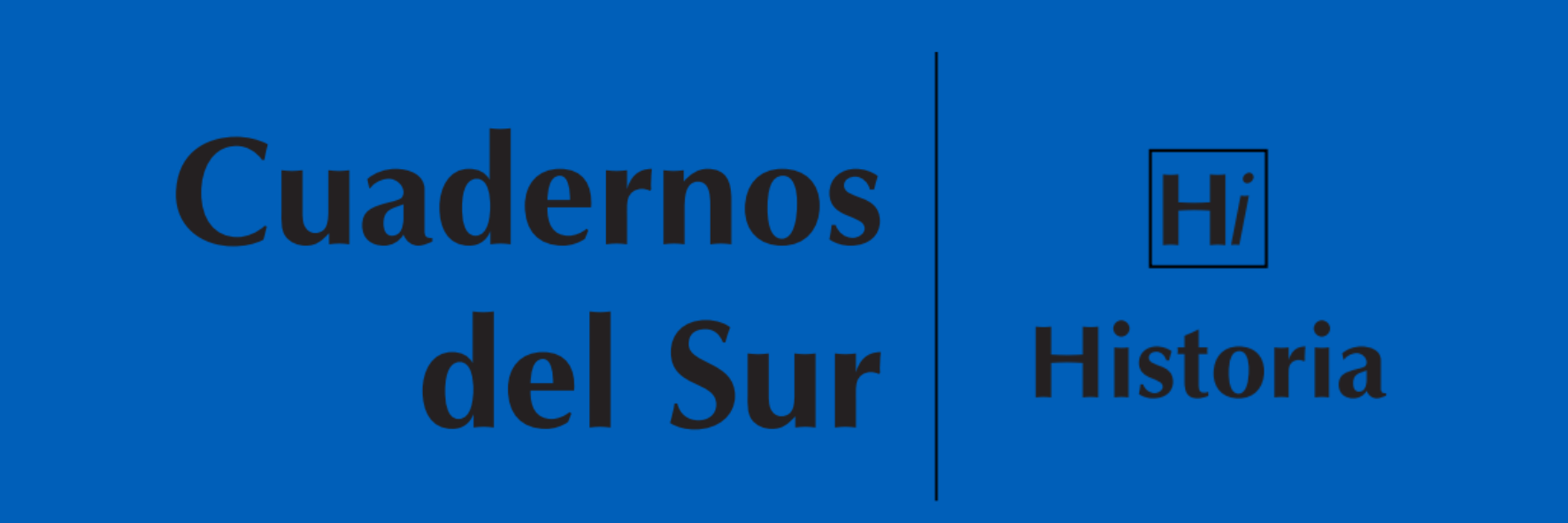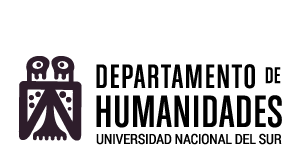Lenguaje racional universal versus “calculus ratiocinator”. ¿Se aplica esta distinción a Leibniz?
Keywords:
Leibniz, Logic, CalculusAbstract
This paper deals with the issues about whether Frege’s distinction or difference between lingua universalis (or lingua characterica in wording of Frege) and calculus ratiocinator can be truly ascribed to Leibniz. The conclusion of our present analysis is that this difference cannot be maintained from a terminological point of view, because Leibniz uses the expressions “characteristica universalis” and “calculus ratiocinator” in a way that, even though they are not necessarily identical, they are at least very close to each other. Notwithstanding, this difference can be maintained from a conceptual point of view, that is, when we put aside terminological problems. In fact, when we consider the diverse ways in which Leibniz defines the task of this characteristic as an instrument of thought, it becomes clear that a difference between a universal characteristic and a general characteristic must be postulated. Thus, the universal characteristic corresponds more or less to what Frege calls “lingua rationalis” or “lingua characterica”, while the general characteristic pertains to the domain of what Frege said about a “calculus ratiocinator”, although in Leibniz’s conception it reaches beyond the scope of a mere calculus that is devised as a formalism to help us make inferences.
Downloads
References
Eco, Umberto (1994), La búsqueda de la lengua perfecta, Barcelona, Crítica.
Esquisabel, Oscar (1998), “Umbra Cartesii. La huella de Descartes en el proyecto leibniziano de la Characteristica”, Revista Latinoamericana de Filosofía, vol. 24, n° 1, pp. 87-123.
----- (2000), “El álgebra y el arte combinatorio leibniziano”, Revista Latinoamericana de Filosofía, vol. 26, n° 2, pp. 239-273.
----- (2002), “¿Lenguaje racional o ciencias de las fórmulas? La pluridimensionalidad del programa leibniziano de la característica general”, en Wrigley, Michael (ed.), Dialogue, Language, Rationality. A Festschrift for Marcelo Dascal, Manuscrito, vol. 25, n° 2, pp. 147-197.
Esquisabel, Oscar y Legris, Javier (2003), “Conocimiento simbólico y representación”, en Minhot, Leticia y Testa, Andrea (comp.), Representación en Ciencia y en Arte, Córdoba, Brujas, pp. 233-243.
Frege, Gottlob (1968), “On the purpose of the Begriffschrift”, Australasian Journal of Philosophy, vol. 46, pp. 89-97, [Trad. Victor Howard Dudman].
----- (1969), “On Herr Peano’s Begriffschrift and my own”, Australasian Journal of Philosophy, vol. 47, pp 1-14, [Trad. Victor Howard Dudman].
Legris, Javier (2002), “Notas sobre el conocimiento simbólico y la teoría de los sistemas formales”, Filosofía, Educación y Cultura, nº 6, pp. 24-35.
----- (2005), “Conocimiento simbólico. Un capítulo de la historia de la metodología científica”, Perspectivas Metodológicas, año 5, pp. 7-21.
Lenzen, Wolfgang (1989), “Arithmetical vs. ‘real’ addition: A case study of the relations between logic, mathematics, and metaphysics in Leibniz”, en Rescher, Nicholas, Leibnizian Inquires. A Group of Essays, New York, UPA, pp. 150-157.
----- (1990), Das System der Leibnizschen Logik, Berlin, de Gruyter.
----- (2000), “Guilielmi Pacidii Non plus ultra oder: Eine Rekonstruktion des Leibnizschen Plus-Minus-Kalküls”, en Meixner, Uwe y Newen, Albert (eds.), Philosophiegeschichte und logische Analyse/Logical Analysis and History of
Philosophy. 3. Philosophie der Neuzeit/From Descartes to Kant, Paderborn, Mentis, pp. 71-118.
Patzig, Günther (1969), “Leibniz, Frege und die sogenannte ‘lingua characterica universalis’ ”, Akten des Internationalen Leibniz-Kongresses. Hannover, 14-19.
November 1966, Studia Leibnitiana Supplementa, Band III, pp. 103-112.
Peckhaus, Volker (1997), Logik, Mathesis universalis und allgemeine Wissenschaft. Leibniz und die Wiederentdeckung der formalen Logik im 19. Jahrhundert, Berlin, Akademie Verlag.
----- (2004), “Calculus ratiocinator versus characteristica universalis? The two traditions in logic, revisited”, History and Philosophy of Logic, vol. 28, n° 2, pp. 3-14.
Poser, Hans (1979), “Erfahrung und Essenz. Zur Stellung der kontingenten Wahrheiten in Leibniz’Ars Characteristica”, Studia Leibnitiana, Sonderheft 8, pp. 67-81, [Die intensionale Logik bei Leibniz und in der Gegenwart. Symposion der Leibniz-Gesellschaft Hannover, 10. und 11. November 1978].
----- (1988), “Zum Verhältnis von Logik und Mathematik bei Leibniz”, Studia Leibnitiana, Sonderheft 15, pp. 197-207, [Leibniz: questions de logique. Symposion organisé para la Gottfried-Wilhelm-Leibniz-Gesellschaft e.V. Hannover].
Sánchez-Mazas, Manuel (2002), “Actualisation, développement et perfectionnement des calculs logiques arithmético-intensionels de Leibniz”, en Obras Escogidas. Vol. 1. Concepto y número. La Característica Numérica
Universal, San Sebastián, Universidad del País Vasco, pp. 295-351, [edición a cargo de Javier de Lorenzo].
Schneider, Martin (1988), “Funktion und Grundlegung der Mathesis Universalis im Leibnizschen Wissenschaftsystem”, Studia Leibnitiana, Sonderheft 15, pp. 162-182, [Leibniz: questions de logique. Symposion organisé para la Gottfried-Wilhelm-Leibniz-Gesellschaft e.V. Hannover].
----- (1994), “Leibniz’ Konzeption der Characteristica Universalis zwischen 1677 und 1690”, Revue Internationale de Philosophie, vol 2, pp. 213-235.
Sotirov, Vladimir (2006), “Leibniz’s ‘Calculemus!’ at Work”, en Breger, Herbert et al. (Hrs.), VIII. Internationaler Leibniz-Kongress. Einheit in der Vielheit, 24. Juli bis 29. Juli 2006, Hannover, Hartmann, pp. 1004-1010.
Swoyer, Chris (1994), “Leibniz’s calculus of real addition”, Studia Leibnitiana, vol. 26, n° 1, pp. 1-30.
Trendelenburg, Friedrich (1856), “Ueber Leibniziens Entwurf einer allgemeinen Charakteristik”, en Philologische und historische Abhandlungen der Königlichen Akademie der Wissenschaften zu Berlin, Berlin, Bethge, pp. 37-69.
Van Heijenoort, Jan (1967), “Logic as calculus and logic as language”, en Cohen, Robert S. and Wartofsky, Max (eds.), Boston Studies in the Philosophy of Science, Dordrecht, Reidel, pp. 440-446.
Downloads
How to Cite
Issue
Section
License
Copyright (c) 2014 Oscar M. Esquisabel

This work is licensed under a Creative Commons Attribution-NonCommercial 4.0 International License.
Aquellos autores/as que tengan publicaciones con esta revista, aceptan los términos siguientes:- Los autores/as conservarán sus derechos de autor y garantizarán a la revista el derecho de primera publicación de su obra, el cuál estará simultáneamente sujeto a la licencia Atribución-No Comercial 4.0 Internacional CC BY-NC 4.0.
- Los autores/as podrán adoptar otros acuerdos de licencia no exclusiva de distribución de la versión de la obra publicada (p. ej.: depositarla en un archivo telemático institucional o publicarla en un volumen monográfico) siempre que se indique la publicación inicial en esta revista.
- Se permite y recomienda a los autores/as difundir su obra a través de Internet (p. ej.: en archivos telemáticos institucionales o en su página web) una vez publicado su trabajo, lo cual puede producir intercambios interesantes y aumentar las citas de la obra publicada. (Véase El efecto del acceso abierto).

